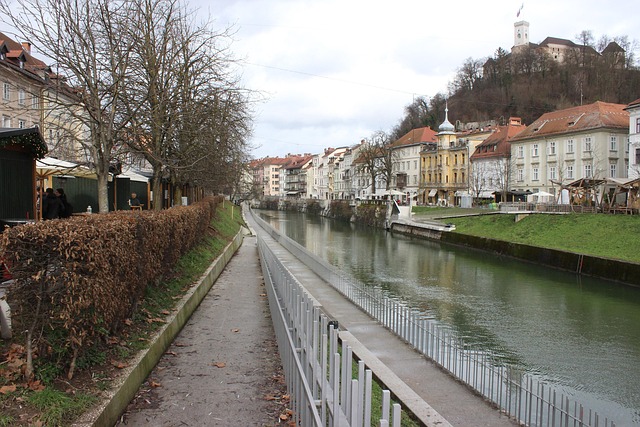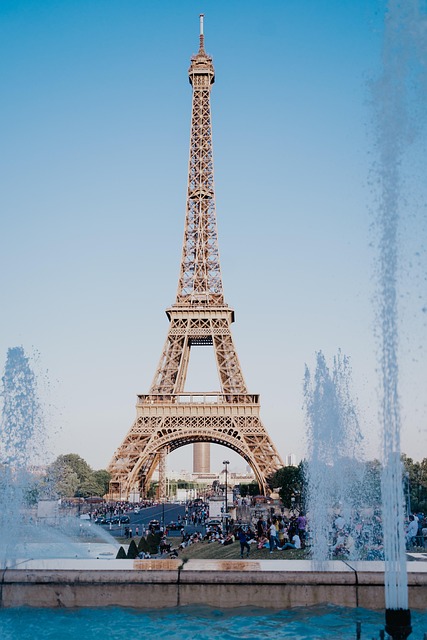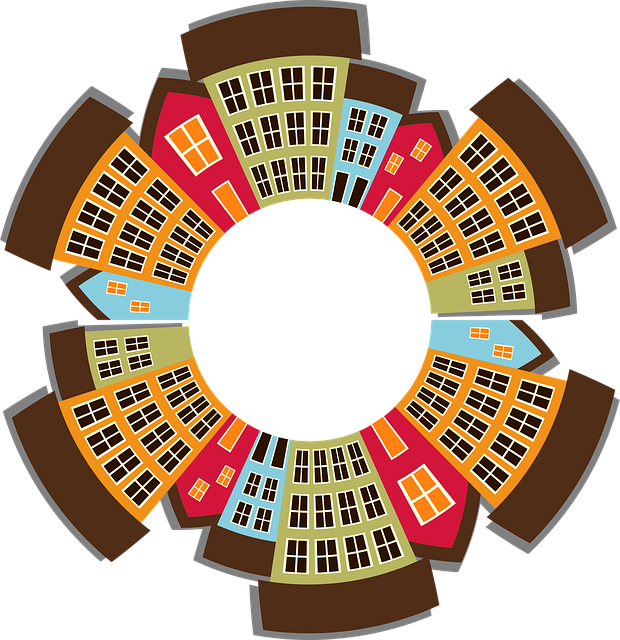Karachi's vibrant commercial hub, Shahra-e-Faisal, faces unique safety challenges due to high pedestrian and vehicle density, adverse climate, and fast-paced movements, leading to frequent accidents. Residents must prioritize personal safety by staying alert, engaging with communities, learning self-defense, keeping emergency contacts handy, and implementing home security upgrades. Staying informed about local emergency numbers is vital for swift response during crises.
Karachi, with its bustling streets and vibrant culture, presents unique safety challenges. This article offers comprehensive guidance for navigating Shahra-e-Faisal and beyond. We explore tailored safety tips for personal well-being in Karachi’s urban environment, focusing on public transportation, home security, and staying informed about local emergency contacts. By understanding these aspects, residents and visitors alike can enhance their safety and appreciate the city’s beauty with peace of mind.
- Understanding Shahra-e-Faisal's Unique Challenges
- Prioritizing Personal Safety in Karachi
- Navigating Public Transportation Safely
- Enhancing Home Security Measures
- Staying Informed: Local Emergency Contacts
Understanding Shahra-e-Faisal's Unique Challenges

Shahra-e-Faisal, a bustling corridor in Karachi, presents unique challenges when it comes to safety. As a major commercial and transportation hub, the area is often crowded with both locals and visitors, making it susceptible to various risks. The high density of pedestrians, vehicles, and public transport makes navigation tricky, and accidents can quickly occur.
Moreover, the fast-paced nature of Shahra-e-Faisal’s environment contributes to heightened safety concerns. Pedestrians crossing the streets, busy markets, and crowded bus stops all create potential hazards. Additionally, Karachi’s climate adds another layer of complexity; hot temperatures and heavy rainfall can affect visibility and increase the risk of slip and fall incidents, requiring constant vigilance from both authorities and residents alike.
Prioritizing Personal Safety in Karachi

Karachi, as a bustling metropolis, presents both opportunities and challenges for its residents. Prioritizing personal safety is paramount, especially in navigating the city’s vibrant yet complex landscape. Every individual has a responsibility to ensure their well-being while exploring Karachi’s diverse neighborhoods.
A few key strategies can significantly enhance security. Being aware of your surroundings and staying alert is essential. Engaging with local communities and understanding cultural norms can foster a safer environment. Additionally, learning basic self-defense techniques and keeping emergency contact numbers readily available are practical measures. By adopting these precautions, residents can enjoy the city’s rich tapestry while minimizing potential risks associated with urban life in Karachi.
Navigating Public Transportation Safely

Navigating public transportation in Karachi, like any bustling metropolis, requires vigilance and awareness. Pedestrians should always stay alert, keeping an eye on their belongings at all times. When using buses or trains, ensure you are aware of your surroundings; observe where you’re getting off to avoid potential dangers. It’s crucial to follow the instructions given by transport staff and adhere to designated areas, especially during emergencies.
Using public transport safely in Karachi also involves understanding local customs and behaviors. Be mindful of personal space and respect fellow passengers. In crowded areas, keep your bag close and be cautious of pickpockets. Always have a plan for getting off at your stop, ensuring you exit the vehicle smoothly and securely without stepping into traffic or disrupting others.
Enhancing Home Security Measures

In Karachi, enhancing home security measures is paramount for residents seeking peace of mind. Starting with robust locks and security systems, simple upgrades like high-quality door handles, window bars, and motion sensors can significantly deter potential intruders. Additionally, installing CCTV cameras in strategic locations offers real-time monitoring capabilities, allowing homeowners to stay alert and respond swiftly to any unusual activities.
Regular maintenance and quick repairs are key; ensuring doors and windows close tightly prevents easy entry points. Homeowners should also invest in secure lighting around the house, especially during the night, to deter criminals. Moreover, keeping a well-manicured lawn and clear surroundings reduces hiding spots, making it harder for intruders to lurk unnoticed. These measures collectively contribute to a safer living environment in Karachi.
Staying Informed: Local Emergency Contacts

In the bustling metropolis of Karachi, staying informed about local emergency contacts is paramount for your safety and well-being. Familiarize yourself with the key numbers to reach out in times of need—police (100), fire brigade (101), and ambulance services (115). These immediate responses can make a significant difference during emergencies, be it a medical crisis, a fire outbreak, or any other unforeseen situation. Regularly updating your knowledge about these contacts ensures you’re prepared to act swiftly when required.
Additionally, keep local community centers or government offices’ contact details handy. They often provide vital information and support during emergencies, coordinating relief efforts and ensuring everyone’s safety. Staying connected with these resources can be a game-changer in the dynamic environment of Karachi, where quick thinking and access to relevant information are crucial.
Karachi, known for its vibrant energy and bustling streets, presents unique safety challenges. By understanding these challenges and implementing practical tips outlined in this article—from prioritizing personal safety while navigating public transportation to enhancing home security and staying informed about local emergency contacts—residents and visitors can ensure a safer experience in one of the world’s most dynamic cities like Karachi.


Leave a Reply
You must be logged in to post a comment.